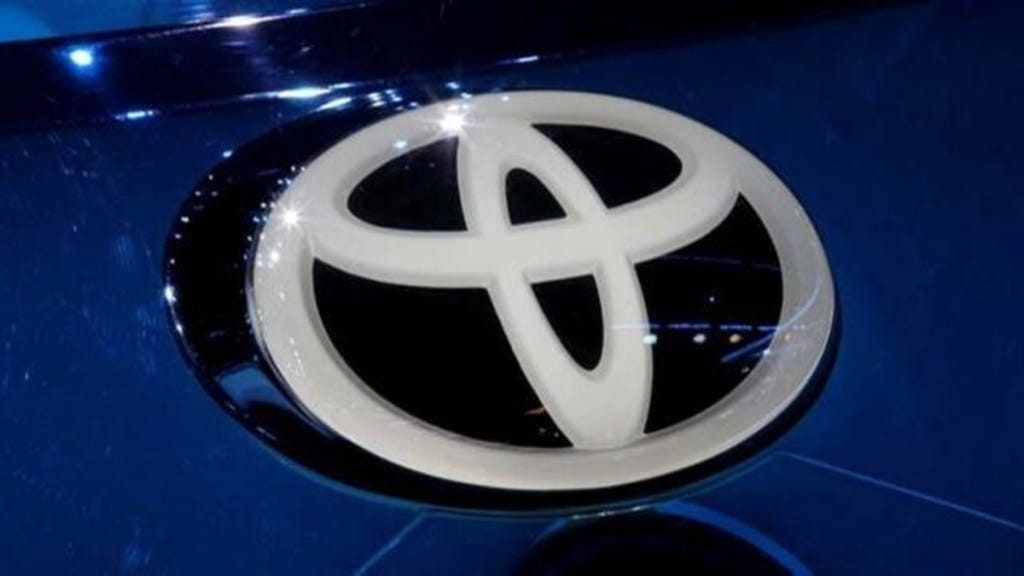Joining hands with Suzuki has paid rich dividends to Toyota. Its India subsidiary Toyota Kirloskar Motor (TKM) became the fourth-fastest growing automaker in FY23, beating market leader and partner Maruti Suzuki. The two companies who have collaborated for as many as four products have seen retail demand surge to decadal highs, forcing Toyota to increase production capacities to meet demand.
Nearly one-third of Toyota’s sales volumes of 173,245 in India in 2022 was achieved in the first three months of this year itself. Of the nine models that Toyota sells in India today, two borrowed models from Suzuki, contribute to 35% of its volumes.
Maruti Suzuki’s best-seller Baleno sells as the Glanza under the Toyota badge while its Grand Vitara mid-size SUV sells as the Toyota Hyryder. After the Innova, these two models are the top-sellers for Toyota.
To bring down the spiraling waiting period ranging between 7-23 months on its models, Toyota added a third shift at one of its three plants at Bidadi near Bengaluru a couple of months ago. The company’s total output (across all its plants) has been ramped up to around 340,000-350,000 per annum.
Speaking to FE, Vikram Gulati, country head and executive vice president corporate affairs and governance, TKM, said, “We are trying to increase efficiencies and throughput at both the plants (the third plant is an SKD plant) so that the capacity is not just ramped up to 100% but beyond that.”
As per data shared by the Society of Indian Automobile Manufacturers (SIAM), TKM ended FY23 with a share of 4.45% as compared to 4% in FY22. This has further improved to 5.1% at the end of June.
Despite the high base of last year TKM is confident of clocking growth in the current year better than the previous year. “This year, the growth is going to be much better than last year,” Gulati added. Last year TKM volumes grew by 40% over FY22’s domestic total of 123,717 units.
Toyota’s comeback comes at a time when its older rivals such as Honda, Nissan and Renault continue to struggle with muted or fall in sales volumes in the Indian market. Sales volumes of the three combined was less than the that of TKM by the end of June quarter while their aggregate market share closed at 3.73%.









